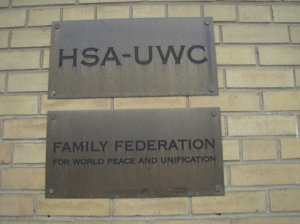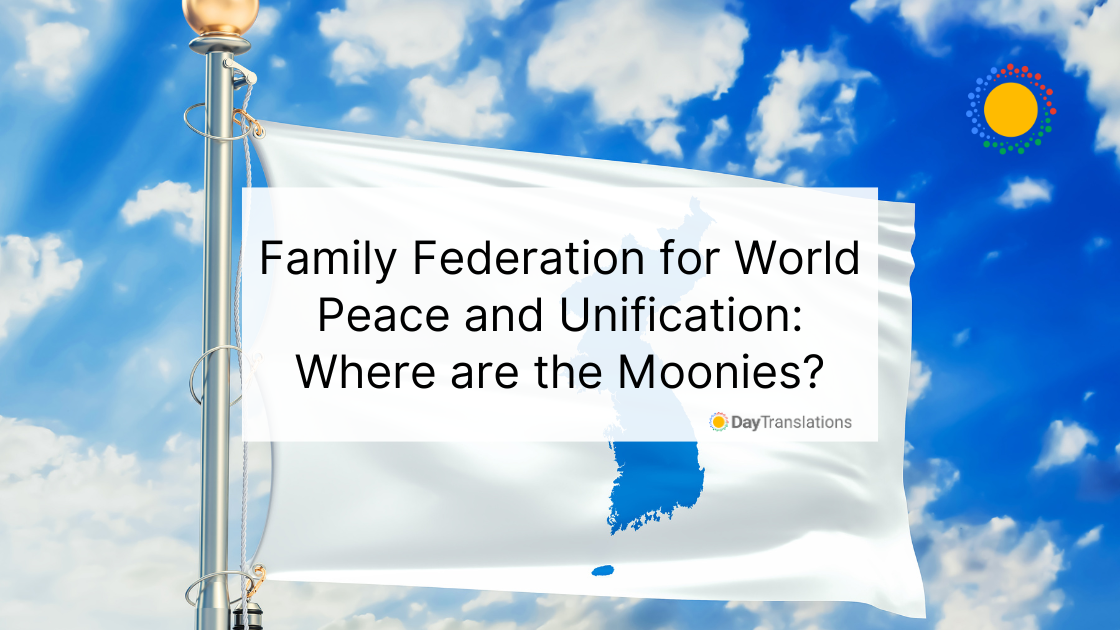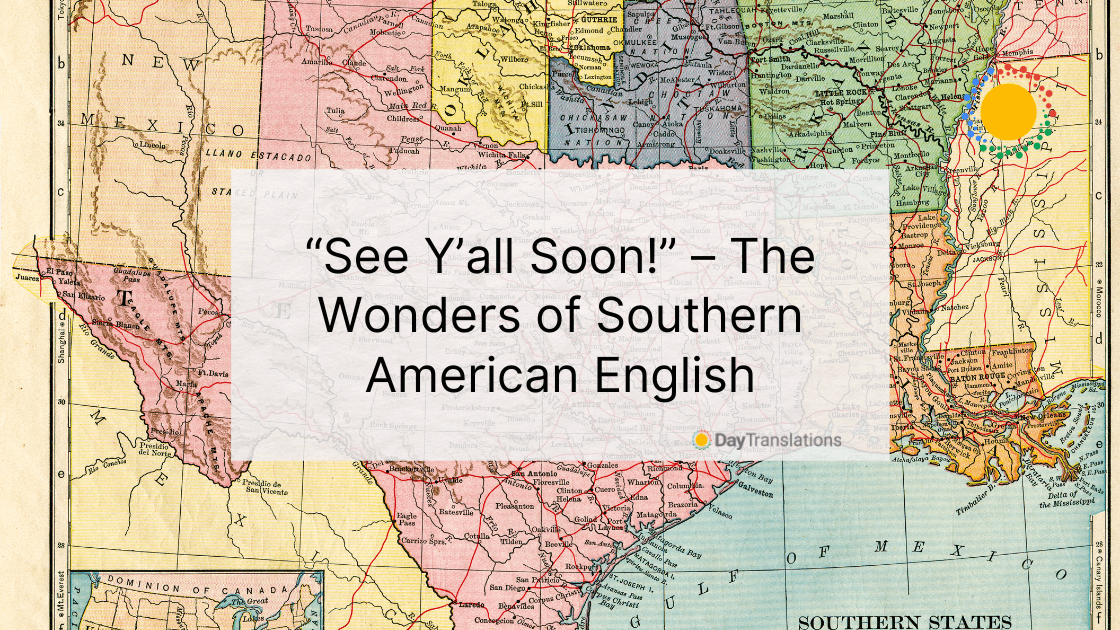
Photo credit: By Anthony Easton under Creative Commons Attribution-Share Alike 3.0 Unported License.
Sometime in 1954, a religious leader in South Korea named Sun Myung Moon founded the Holy Spirit Association for the Unification of World Christianity, also called as the Family Federation for World Peace and Unification. In a more shortened name, the movement is usually called the Unification Church or Unificationism. From the time it was founded, the religious group has spread around the world with majority of its members coming from East Asia. Church members are commonly called Moonies, after the founder’s name.
Beliefs, teachings and advocacies
The Bible is the basis of the Unification Church’s beliefs and teachings. A textbook called “Divine Principle” serves as the handbook for the members. The church’s teachings revolve on God being the creator of life. The concept of God among the Moonies takes a double form – that of a male and female. The Unification Church has actively sponsored and supported many advocacies and projects managed by various organizations. These include projects and missions for education, arts, businesses, media, politics and social protests. Sun Myung Moon, the founder, died on September 3, 2012 and was succeeded by his widow Hak Ja Han who continued to lead the Moonies as well as carried on the church’s community advocacies.
Church origin
The Unification Church first took shape when Mun Yong Myong or later called Sun Myung Moon allegedly saw Jesus. In appearing before Moon, Jesus was believed to have told Moon to finish the undone tasks that he (Jesus) left after dying on the cross. Moon apparently accepted the responsibility after a period of meditation and intense prayer. He began preaching in North Korea during the post World War II period. He was incarcerated in 1946 by the communists and was released when the American and United Nations military groups arrived. From there, Moon went to South Korea together with other North Korean people and established his church using cardboard boxes and mud. He was, in effect, a war refugee who preached, in the real sense.
On May 1, 1954, Moon built the Unification Church in Seoul, which thus began the official and formal operation of his church. The number of followers quickly increased such that in 1955, a total of 30 churches were erected all over the country. The Unification Church has maintained interfaith relations with Christianity and Islam churches despite the marked differences in their exercise of faith.
Wedding and rededication rites
One aspect of the Unification Church that has drawn full attention from the public is its marriage practice. The Moonies call this wedding ritual a rededication ceremony. The ceremony is conducted for married or engaged couples. By conducting the rededication ritual, Moonies believe that a couple is unchained from humanity’s original sin. People who are rededicated therefore transform into sinless beings, much like God’s position.
The first marriage rededication ceremony was held for 36 couples in 1961 in Seoul following the couples’ personal marriages in 1960. Moon paired 24 pairs among the 36 engaged couples. This same tradition was perpetuated in larger scale in the years that followed. The first mass rededication outside Korea was held in Madison Square in New York in 1988. Later on intermarriages among different nationalities was forged in various ceremonies in every part of the globe.
Despite Sun Myung Moon’s death in 2012, the religion continues to exist. In fact, four months after his death, a blessing ceremony conducted by Moon’s widow, Hak Ja Han was conducted for 3,500 couples in South Korea while some 24,000 church members participated in the ceremonies through video hook up.
Controversies
There are talks that the Unification Church is actually a cult movement and that it engages in indoctrination and brainwashing of people in order to convince them to join the religion. Members of anti-cult movements have aired their concern to the media. On the other hand, sociologists and theologians are of the opinion that the accusations come mostly from people who have not benefited from the church’s community projects such as scholarships. Significantly, United States courts have maintained their stand of not entertaining complaints on brainwashing issues.












Sorry, the comment form is closed at this time.